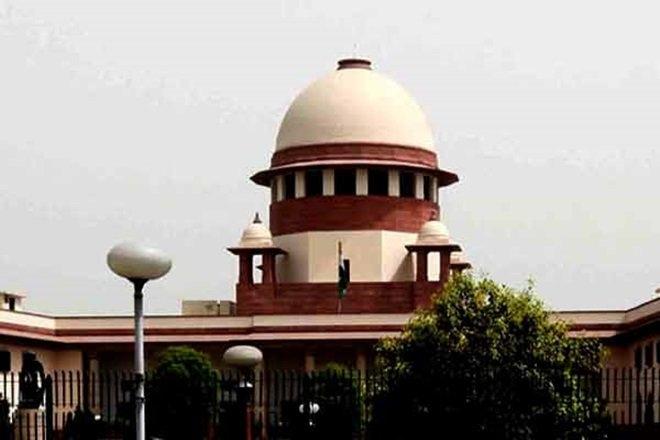Ram Mandir-Babri Masjid Case: Should the Supreme Court Expand Secularism?

The Supreme Court of India on March 14 resumed hearing the Ram Janmabhoomi-Babri Masjid (RJBM) appeal. The Court dismissed all the Interlocutory Applications filed by parties to the 13 appeals as well as by third parties. The bench further directed the registry not to accept any applications from third parties. Senior Counsel Rajiv Dhawan then resumed his arguments, the main crux of which was based on the doctrine of essential practices.
The doctrine of essential practices as developed by the Supreme Court is designed to enforce secularism in the Indian context. This doctrine lays down that State legislation can regulate all religious practices, other than the ones essential for the performance of religious worship. The bench had asked the Senior Counsel if the decision in Ismail Faruqui v Union of India should be referred to a five judge Constitution Bench for reconsideration. The Ismail Faruqui case was one of the first cases to be decided on a matter related to the RJBM issue. In this case it was held that the State could acquire the disputed property until the matter was finally adjudicated.
Dhawan raised two main points in this respect. Firstly, the Judgement had upheld a Privy Council decision that once a Mosque is adversely possessed by non-Muslims it loses its sacred character, and secondly, Justice M. V. Verma’s remark that Muslims can pray anywhere. He objected to these two points based on the doctrine of essential practices. On the first point he argued that the doctrine should be expanded. He argued that if one were to apply the doctrine in its strictest sense then it would severely restrict religious beliefs and practices. Drawing a comparison with the Dome of the Rock, another disputed structure, he questioned how one could conclude that a site has lost its sacred character.
On the statement in Ismail Faruqui that Muslims can pray anywhere, Dhawan contended that the statement was offensive. However, if this principle were applied in a dispassionate secular manner, the same could be said for any religion. If the doctrine of essential practices is applied according to Western secular principles, then no question would arise over the limits to State power except over offering prayer. Here too, the doctrine would not affect the content of prayer, but could in theory constrain the form. On the other hand, if it were applied according to the Indian concept of secularism, then form of prayer could also be beyond its scope. This, however, brings the Courts to the tightrope. For example, where does religion end and superstition begin? When prayers are offered for worldly gain, can the belief in obtaining such gain be considered superstition? On one hand, the current law does not protect Mosques from adverse possession, on the other, if the doctrine of essential practices is expanded, it may further blur the line between religion and superstition.
Get the latest reports & analysis with people's perspective on Protests, movements & deep analytical videos, discussions of the current affairs in your Telegram app. Subscribe to NewsClick's Telegram channel & get Real-Time updates on stories, as they get published on our website.
























